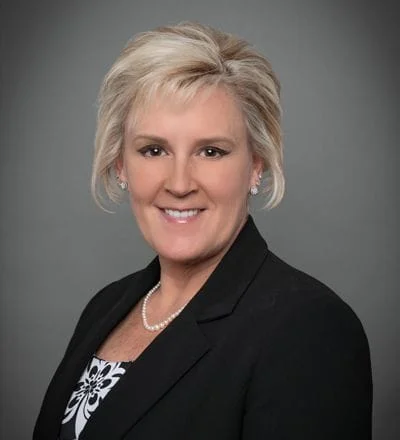West Virginia Estate Planning FAQs
Knowledgeable Charleston attorneys provide thorough and reliable answers
↓When you come to Pullin, Fowler, Flanagan, Brown & Poe in Charleston for estate planning, you get personalized attention from knowledgeable professionals. We know you’ve got questions and we give detailed answers that address all your concerns.
We understand that wills and probate are daunting subjects for many of our clients. Here are some frequently asked questions:
- When is the best time to make an estate plan?
- What happens to my property if I die without a will?
- How often should I update my will or estate plan?
- How can an estate plan protect me and/or my spouse in the event of a prolonged illness?
- How can an estate plan help me provide for my current spouse and children from a previous marriage?
- How do I provide for a special needs child who receives SSDI benefits?
↓When is the best time to make an estate plan?
Every adult should have an estate plan, even if it’s as simple as a will and a burial trust. The more wealth you have to protect, the more urgent your need becomes. Since tomorrow is promised to no one, it’s always best to seize the day and begin your estate planning now.
↓What happens to my property if I die without a will?
Under West Virginia law, your property goes to your closest relatives in this order of priority, defined by these situations:
- Spouse but no descendants — Spouse inherits everything.
- Children but no spouse — Children inherit everything.
- Spouse and descendants with that spouse; spouse has no other descendants — Spouse inherits everything.
- Spouse and descendants with that spouse; spouse has other descendants — Spouse inherits 3/5 of intestate property; your descendants inherit 2/5 of intestate property.
- Spouse and descendants with someone other than that spouse — Spouse inherits half of intestate property; your descendants inherit half.
- No spouse or children, but living parents — Parents inherit everything.
- Siblings but no parents, spouse or children — Siblings inherit everything.
↓How often should I update my will or estate plan?
Under normal circumstances, we recommend that a will be reviewed every two to three years. However, you should immediately update your will and trusts when a significant life event occurs, such as marriage, divorce, death of a beneficiary, birth of a child or grandchild or adoption of a child.
↓How can an estate plan protect me and/or my spouse in the event of a prolonged illness?
Long-term care at a nursing facility is prohibitively expensive. Medicare does not provide unlimited benefits. Thus, many elders have to rely on Medicaid assistance. But since Medicaid eligibility is based on financial need, a married person may not qualify without spending down, which has a dire impact on the other spouse’s standard of living. There are estate planning strategies that allow elders to qualify for Medicaid without decimating their retirement savings and their legacy planning.
Back to top
↓How can an estate plan help me provide for my current spouse and children from a previous marriage?
Your spouse has a legal right to inherit 3/5 of your estate, which means your own children’s shares are reduced. To avoid that result, you can set up a Qualified Terminal Interest Property (QTIP) trust. Your spouse can have use of the trust assets — such as a home — during his or her life, but upon death these assets go to your children or to other beneficiaries of your choosing.
Back to top
↓How do I provide for a special needs child who receives SSDI benefits?
A lump sum bequest to a special needs child could render the child ineligible for SSDI benefits, especially if the child lacks the capacity to deal with finances. Creating a special needs trust can provide your child with funds to live on while maintaining his or her eligibility for SSDI.
Back to top


















